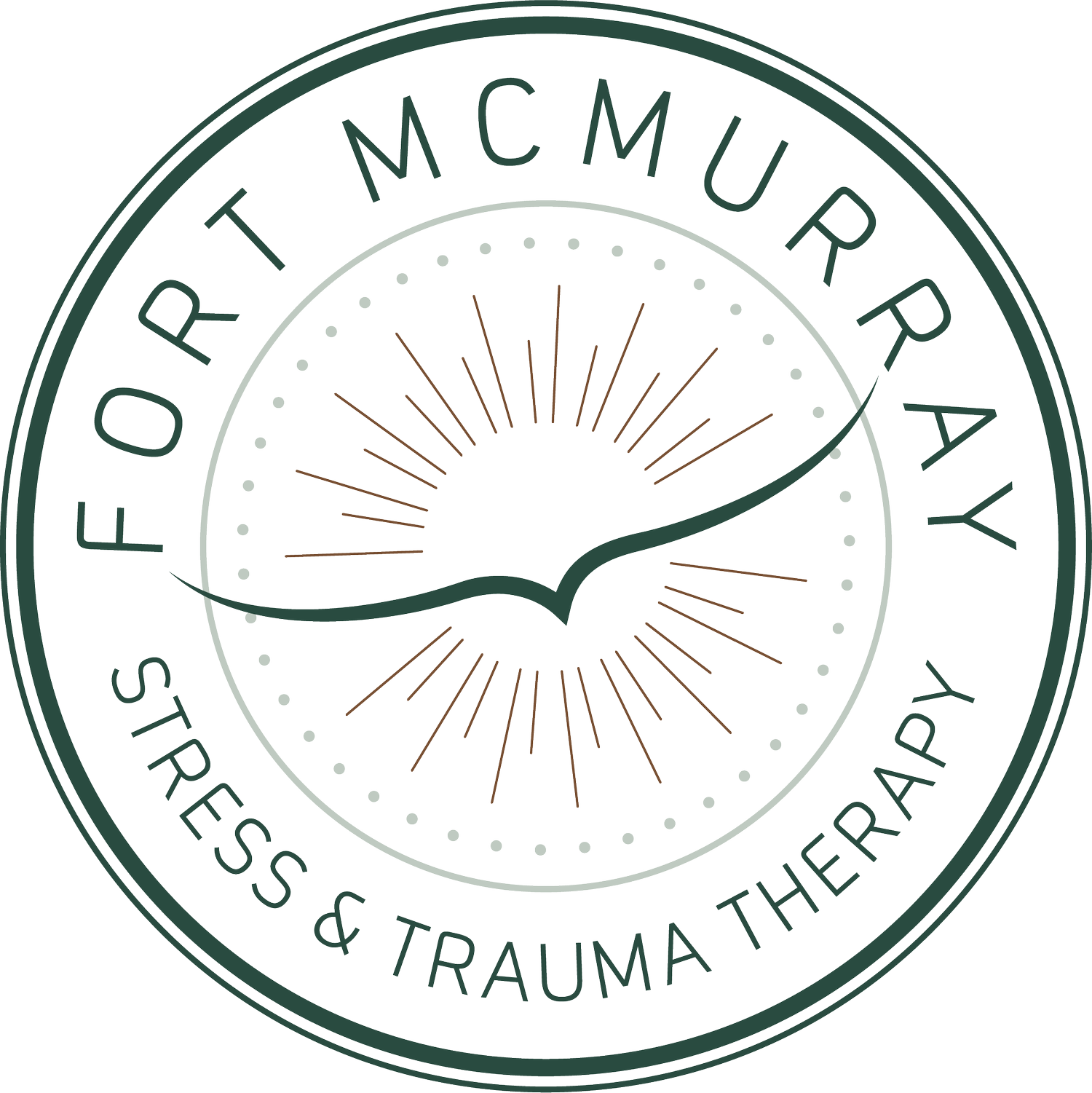
My Approach
Chloe Beedham, MSW, RSW
Fort McMurray Stress & Trauma Therapy
You might logically know that you’re now safe. It wasn’t your fault. And you’re deserving of healthy relationships and a fulfilling life.
But it doesn’t always feel that way.
Navigating Healing
after trauma can be challenging
Chloe Beedham (she/her)
BA, BSW, MSW, TITC-CT, RSW
It's not straightforward and can feel downright impossible at times. You’re not alone if you’ve been feeling frustrated, overwhelmed, or confused.
Sometimes the lasting impacts of trauma hide underground, outside of your awareness. Other times, the impact is clear, but this understanding alone won’t resolve your symptoms.
Have you ever been flooded with an emotion completely out of the blue? Or experienced an uncomfortable physical sensation with no clear cause? How about experiencing an emotional reaction that seemed out of place? Or recalling memories of significant life events where you felt nothing at all?
These are signs unprocessed trauma may be operating in the background.
It surfaces suddenly with an intensity hard to shake. There's no thinking or coping your way out of it. It happens much too fast. And it could explain why you're feeling stuck right now.
Your mind might know life's different now. And understand the negative beliefs about yourself were never true. But if your lower brain and nervous system are holding fragments of past trauma, this won't feel true.
Why You Might Be Stuck
“The past affects the present even without our being aware of it.”
— Francine Shapiro —
Therapeutic Approach
I use techniques that help us access the deeper parts of your brain and nervous system. This is where unprocessed feelings, sensations, and survival responses are stored after trauma. When we process the stuck fragments of your trauma, symptoms generally begin to lift.
I often integrate Brainspotting, Sensorimotor Psychotherapy, EMDR, and Natural Processing to support clients in this work.
-
Brainspotting uses your field of vision to identify and access traumatic experiences held deep within your brain. Focused mindfulness is then utilized to process and release stuck beliefs, emotions, sensations, and survival responses related to these experiences.
-
Sensorimotor Psychotherapy uses directed mindfulness to help you tap into your body’s wisdom and learn how it has been carrying your trauma. Trauma is processed and resolved by discharging excess survival energy and completing stuck survival responses.
-
Eye Movement Desensitization & Reprocessing Therapy (EMDR) uses alternating stimulation of the right and left hemispheres of the brain to process and resolve traumatic experiences.
-
Natural Processing integrates body-based therapies with EMDR to process and release traumatic experiences held in the nervous system.
Trauma leaves an imprint on your whole self
Transformative healing occurs when all parts of your experience are included.
Ready to Begin?




